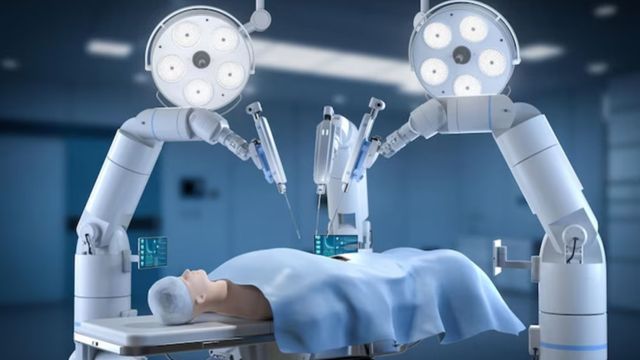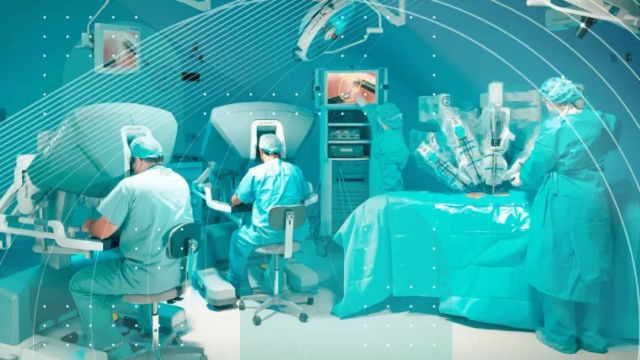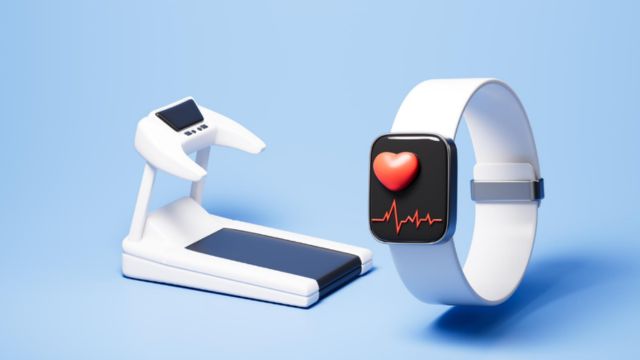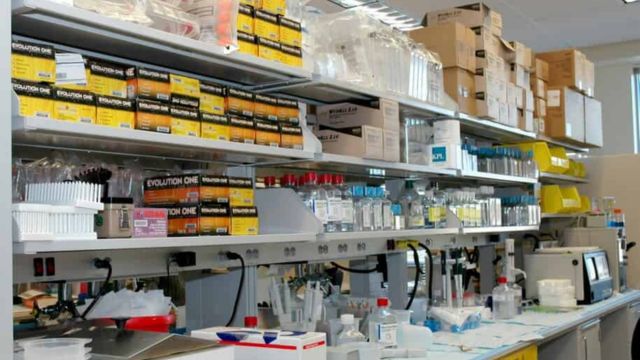An essential field of study in the healthcare sector, clinical engineering closes the distance between medical technology and patient treatment. Clinical engineers were historically in charge of maintaining and maximizing hospital and medical equipment in use.
But with the fast developments in robots and telemedicine, clinical engineers’ job has changed. By increasing access, sharpening treatment precision, and even allowing remote patient care, these developments have transformed healthcare. Therefore, in guaranteeing that these new technologies run smoothly and effectively, clinical engineers are now more important than ever.
1. Telemedicine: The New Frontier in Healthcare
Among the fastest-growing areas in healthcare is telemedicine, or remote diagnosis and treatment of patients via telecommunications technology. It has proved particularly important during the COVID-19 epidemic, when in-person meetings were few. The implementation and maintenance of telemedicine systems rely much on clinical engineers.
Responsibilities in Telemedicine:
- System Integration: Clinical engineers are responsible for integrating various telemedicine technologies, including video conferencing platforms, diagnostic devices (e.g., stethoscopes, blood pressure monitors), and electronic health records (EHRs). They ensure that these systems work together efficiently to provide a smooth experience for healthcare providers and patients.
- Quality Control and Calibration: Remote diagnostic devices, such as digital thermometers or pulse oximeters, must be calibrated regularly to ensure accuracy. Clinical engineers handle the calibration of these devices, ensuring the results are reliable and consistent.
- Network Security and Privacy: With telemedicine expanding, maintaining patient privacy and securing medical data is critical. Clinical engineers help implement robust cybersecurity measures to ensure that patient information remains safe, while complying with regulations such as HIPAA (Health Insurance Portability and Accountability Act).
Through these roles, clinical engineers contribute to making telemedicine a viable and secure healthcare option for millions of people, particularly in rural or underserved areas where access to medical professionals is limited.
You may like this: The Role of Clinical Engineers in Digital Health and Wearable Technologies
2. Robotics in Healthcare: A Revolution in Precision and Efficiency

Robotics technology in healthcare has transformed everything from surgery to rehabilitation. Robotic systems, such as robotic-assisted surgery (RAS) and rehabilitation robots, allow clinicians to perform highly complex procedures with greater precision and less risk to patients. Clinical engineers are instrumental in the development, implementation, and maintenance of these robotic systems.
Key Contributions of Clinical Engineers in Robotics:
- System Design and Development: Clinical engineers collaborate with robotics engineers to design, test, and implement robotic systems. They are involved in fine-tuning systems to ensure that they meet the stringent requirements of medical standards while also being user-friendly for surgeons or medical professionals.
- Calibration and Performance Monitoring: Robotic surgery systems, for example, require meticulous calibration to ensure their movements are precise and accurate. Clinical engineers are responsible for the regular calibration and maintenance of robotic systems, ensuring that all components function correctly to avoid errors during surgery.
- Training and Support: Clinical engineers are often involved in training medical staff to use robotic systems. Their expertise ensures that the equipment is used optimally, minimizing the risks of malfunctions and improving overall patient outcomes. They also provide ongoing technical support to address any challenges that arise during the usage of robotic systems.
Through their involvement in robotic technologies, clinical engineers are enhancing the accuracy and effectiveness of medical treatments, especially in surgery and rehabilitation, thereby improving patient care outcomes and reducing recovery times.
3. The Future of Clinical Engineering in Telemedicine and Robotics
As telemedicine and robotics continue to grow, the role of clinical engineers will only become more important. These professionals will need to adapt to the latest technologies and possess a deeper understanding of medical systems integration, cybersecurity, and the operation of complex robotic equipment. Their ability to troubleshoot, maintain, and optimize these cutting-edge technologies will be crucial in ensuring patient safety and the success of emerging healthcare practices.
Looking Ahead:
- Telemedicine: Clinical engineers will need to continue advancing telemedicine systems, integrating new diagnostic tools, and ensuring smooth, secure connections for remote consultations. With the advent of Artificial Intelligence (AI) and machine learning, clinical engineers may also work alongside AI systems to enhance diagnostic accuracy and decision-making.
- Robotics: Clinical engineers will be increasingly needed in even more technical capacity as robotics—including AI-powered robotic surgery—continue to develop. Clinical engineers will have to track robotic systems’ performance, address problems, and make sure they follow strict medical standards as they get more autonomous.
You may like this: How Clinical Engineering Teams Improve Healthcare: Effective Collaboration with Medical Professionals
Conclusion
Clinical engineers are crucial in the developing domains of telemedicine and robotics to guarantee that the technologies run effectively, safely, and without flaws. In system integration, calibration, maintenance, and training—all of which eventually improves the quality of healthcare given to patients—they are absolutely crucial. Skilled clinical engineers will only become more in demand as healthcare technology develops since they will be essential for the direction of the sector.
At JandJ Supplies, we are dedicated to provide medical practitioners & clinical engineers among other professions the most recent tools and insights. Subscribe to our newsletter to get informed on the newest developments in clinical engineering, robotics, and telemedicine. Discover our extensive collection of papers, sector news, and much more to keep ahead of medical technology and deepen your expertise.
FAQs
What is the role of clinical engineers in telemedicine?
Clinical engineers play a vital role in integrating, maintaining, and optimizing telemedicine technologies, ensuring the accuracy of diagnostic tools, and securing patient data through cybersecurity measures.
How do clinical engineers contribute to robotic surgeries?
Clinical engineers are involved in the design, calibration, and maintenance of robotic systems used in surgeries. They also train medical professionals to operate these systems and provide ongoing technical support.
What are the future trends for clinical engineers in telemedicine and robotics?
Clinical engineers will need to adapt to AI advancements, further integrate diagnostic tools, and optimize robotic systems, ensuring that new technologies are both safe and effective for patient care.








